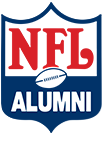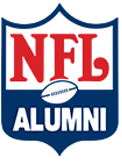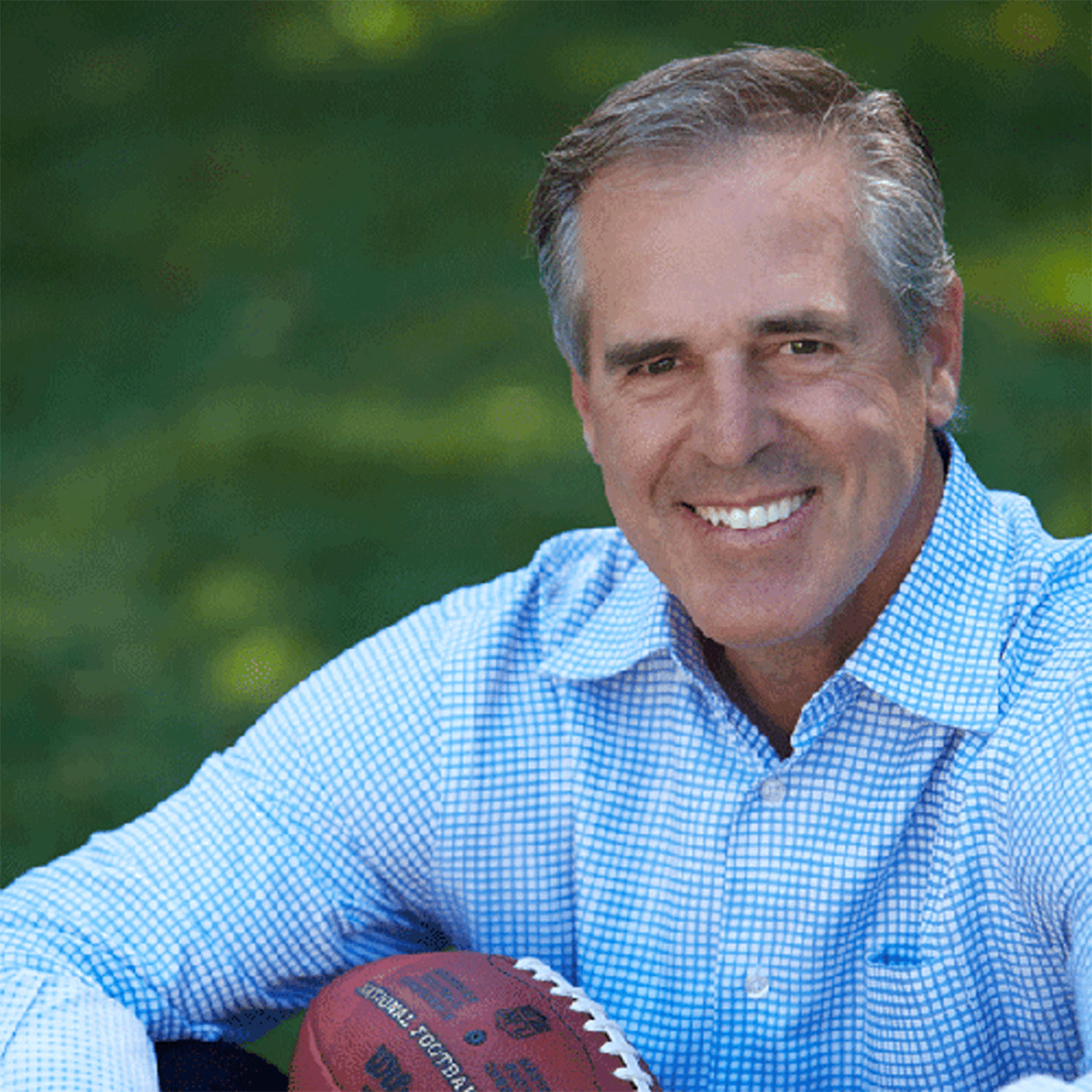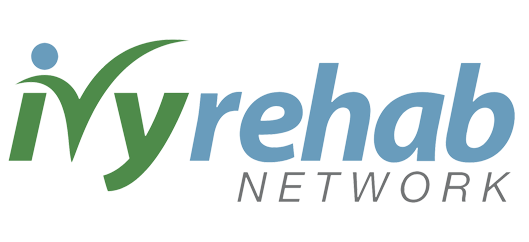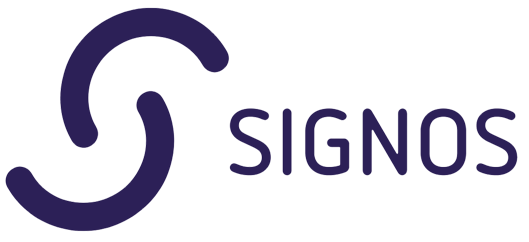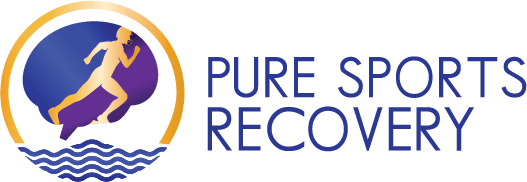Rolf Benirschke, a former Walter Payton Man of the Year and 10-year NFL kicker for the San Diego Chargers, has faced and overcome extraordinary health challenges throughout his life. Diagnosed with Crohn’s disease early in his career, Rolf underwent life-saving surgeries that left him with an ostomy. Later, his battle with Hepatitis C deepened his resolve to advocate for patient-centered care and health innovation.
In this Q&A, Rolf reflects on the trials that reshaped his life and the purpose he found in sharing his story. His passion for improving access to health screenings, destigmatizing chronic conditions, and empowering others—especially his NFL peers—underscores the mission of NFL Alumni Health.
Join us as we explore Rolf’s inspiring journey, his advice to those navigating serious health conditions, and his dedication to championing the well-being of his fellow players and communities.
As an NFL Alum Who Has Benefited from Health Innovation and Science:
- How have your health challenges shaped you and inspired your involvement with NFL Alumni Health?
My diagnosis of Crohn’s Disease at the beginning of my second season in the League started me on a lifelong journey I never planned on. Although I was raised in a medical ALUMNI SPOTLIGHT family; my mother had been a nurse, and my father was a pathologist, research scientist and medical school professor, it was my older brother who chose a career as a doctor. I was passionate about wildlife, so went to UC Davis to study Zoology and saw myself working one day as a field biologist. Certainly, my ten years in the NFL opened other doors and changed all of that, but it was my illness that really gave me a purpose for my life.When I was first diagnosed, I had never heard of Crohn’s Disease and had never really been sick before. Suddenly, I was forced to deal with a very painful and embarrassing condition where I often needed to go to the bathroom 15-18 times a day. At the time, the condition was hard to diagnose, was hardly talked about, and there were very few treatments available. Fortunately, after the Crohn’s and Colitis Foundation was established and patients began speaking about their challenges, more research was initiated and today we have many more effective treatments.Interestingly and without appreciating it at the time, it was my visibility as an NFL player that helped raise important awareness around the disease as my situation was talked about whenever we played on TV and particularly in my hometown of San Diego. When I ultimately collapsed on a team plane flying home from a game in 1979 and required two immediate emergency surgeries to save my life, my story was even bigger news. But it was my second surgery that was performed in the same hospital where my dad was working, that profoundly changed me. I woke up from that operation weighing 123 pounds (60 pounds below my playing weight), with two ostomy bags on my side, and my doctors telling my dad they weren’t sure I would survive the night. I shouldn’t have as my colon had perforated and I became septic. I was dying. That night I had a near death experience with the Lord and was allowed to live.I would spend almost six weeks in the ICU and another two weeks in the hospital before I was finally released to the care of my parents. It was at that point that I took stock of my situation and wished I had rather died. I was still in so much pain, had two bags on my side, could hardly get out of bed on my own, and couldn’t imagine ever being able to do any of the things that I loved in life. I was mad that the Lord hadn’t taken my life. Instead, I learned like so many times played out in football games and in life generally, there is always hope and the rest of the story hadn’t been told yet.My illness changed me and while my recovery and subsequent return to the NFL was almost inconceivable at the time, I recognized I been given a second chance at life. The question became, how was I going to use it? It was then through the help and support of so many of my teammates and coaches who wouldn’t give up on me, that I was able to return to the team and play seven more seasons.Suddenly, with my return to the field I recognized that as an NFL player, I had a very unique public platform to deflect the attention on me, to the plight of the 3 million patients who struggle with Inflammatory Bowel disease and the 130,000 who undergo ostomy surgery every year. At first it was overwhelming and uncomfortable, but then I would hear back from a patient I had gotten the opportunity to speak with and find that I had a small hand in giving them the hope that they could get their life back, and it would bring me to my knees with gratefulness. To me, this is the special opportunity we have at NFLAH. There are so many amazing stories about how our NFL brethren have overcome incredible challenges and, because they are still so revered and respected in their communities, by sharing their stories they can inspire and give hope to so many others.
- What advice would you give to current players or alumni navigating serious health conditions?
One of the most enlightening things we learned from the Huddle Study was that players who make it to the NFL and play for any length of time do it for lots of reasons beyond just their talents. One of those reasons is that players learn to play through pain. We all quickly learn that to survive in the League, sometimes you have to “tape it up and rub a little dirt on it” and go back into the game because if you don’t you might quickly get replaced by somebody else and never regain your spot. We honor those who “gut it out” and play through their pain and call them tough guys. nfortunately, while this may work in the NFL it does NOT work when it comes to avoiding or choosing not to “listen” to your body when your body is trying to tell you something. Maybe it is because we “don’t really want to know”, or perhaps we are scared to find out the real truth, or maybe it’s just easier to choose to ignore the signs and symptoms. Whatever the reason, the message is clear that we need to change these behaviors and start to become responsible for our own health and go see a doctor. - Your battle with Hepatitis C was highly publicized. What was the turning point that led you to become a voice for patient advocacy?
When I was diagnosed with hepatitis C I had been out of the game for more than 12 years. My wife and I had just had our fourth child, and it was a routine insurance exam that picked up my elevated liver enzymes that led to the diagnosis. I quickly learned that more people were dying of hepatitis C then of HIV and that this was a very seriousbsituation. I was shocked and scared I would die and leave my wife and children in a desperate situation.Fortunately, researchers had just stared doing clinical trials on the virus and my doctor put me on one as quickly as possible. It would ultimately take three difficult yearlong trials, but I was eventually cured! Research would continue to evolve and today we have an all oral, no side effect treatment, that is completely curable! Amazing!!It was my combined experiences with Inflammatory Bowel Disease, living with an ostomy appliance, and now Hepatitis that led me to became active as a patient advocate. All of my conditions were difficult to talk about, stigmatized in some way, yet affecting millions of people who were suffering in silence and in some cases, dying needlessly. Hepatitis C might’ve been the worst as it was generally associated with drug users who often became infected because of shared “dirty” needles. By now, I had gotten past worrying about what people might think of me and embraced the unique platform we have as NFL players. More importantly, I began to recognize that my illness struggles were really a gift that allowed me to do something to help others. It sounds odd to say, but I wouldn’t trade all of the pain and suffering and embarrassment I have experienced for how it has changed me and for the opportunity it has given me to make a difference in the lives of
others.
As an NFL Alum Actively Working to Improve Other Players’ Health Journeys:
- What motivates you to champion health initiatives for fellow NFL alumni?
When we first embarked on the Huddle Study with Edwards Life Sciences to examine heart disease in NFL alumni, none of us knew how much the experience would impact us. What became very clear almost immediately was the distrust so many of our African American brothers have for the healthcare system…the same system that had cured me and saved my life several times. While that same system is there for all of us, because of lack of access, or cultural history and perceptions of doctors and hospitals, it became clear that African Americans are often treated differently when they try to access the system. By now, I had lost too many of my Black teammates to diseases they shouldn’t have died from simply because they hadn’t seen a doctor for years, that we felt compelled to do something to help change that. Through the Huddle Study, we saw how when these same guys became educated and aware of what was happening, they began to become more responsible and proactive about taking care of their own health. They also recognized that because of who they were, they had the opportunity…and many felt an obligation…to help influence others in their communities who shared their beliefs. It really became inspiring and a huge opportunity for NFLAH that we all began to fully appreciate.
Rolf Benirschke’s journey is a testament to the power of resilience, the importance of medical innovation, and the impact of using one’s platform to inspire others. Through his advocacy and unwavering commitment to improving access to care, he continues to champion hope and empowerment for NFL alumni and countless individuals facing their own health battles.
As Rolf reminds us, our challenges can often pave the way for a greater purpose. By sharing his story, he not only helps others find their strength but also reinforces the mission of NFL Alumni Health: to care for our own, our families, and our communities.
